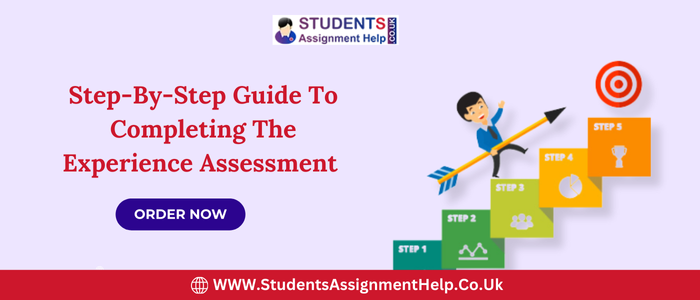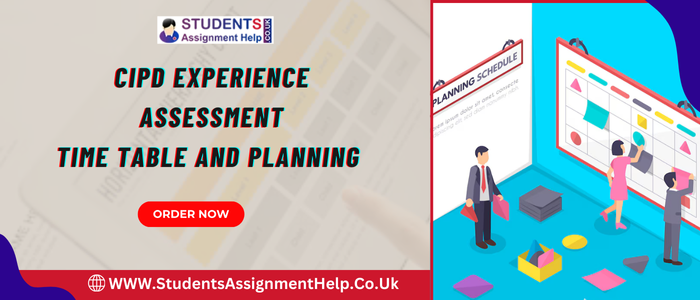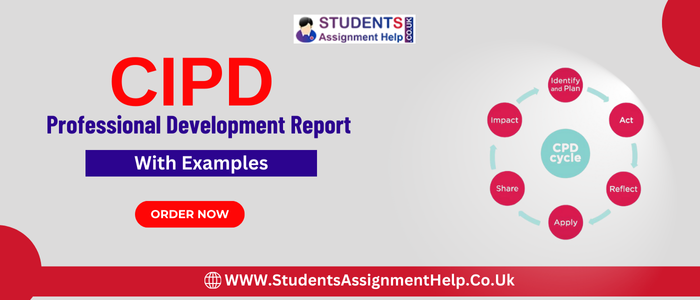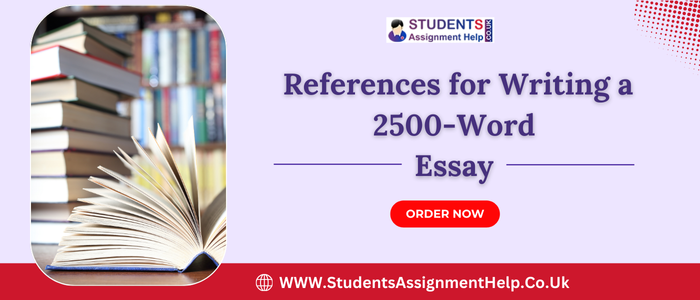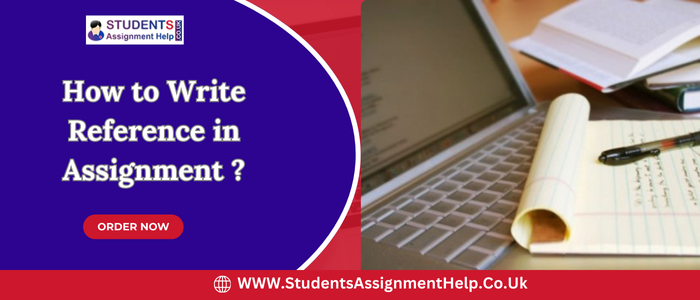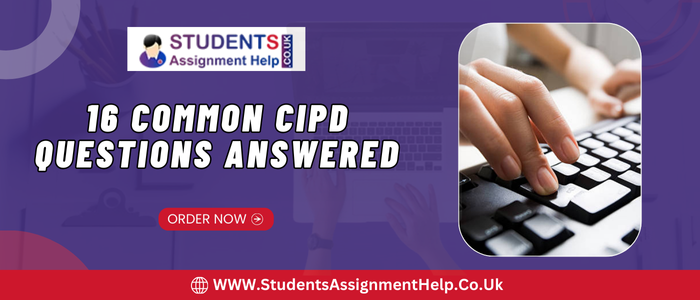5 Stress Management Techniques for High School Students Coping with Academic Pressures
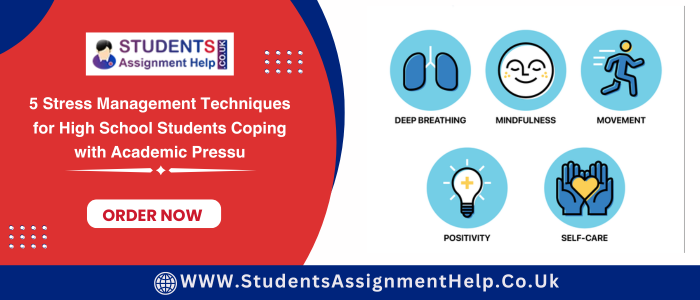
Countless high school students worldwide suffer from academic stress, and current research shows that this problem is only intensifying with time. A 2019 study by the Pew Research Center, for instance, reported that 61% of teens between the ages of 13 and 17 stated that they felt immense pressure to attain good grades. According to another 2019 study, this time by LSW Online, American teenagers reported stress levels of 5.8 on a 10-point scale, far above the normal value of 3.8.
If you’re a teen currently facing the seemingly overwhelming pressures of academic life, know that there are many practical things you can do to manage your stress and safeguard your well-being. Whether you’re just starting out in your first year of high school or you’re almost ready to earn your high school diploma, IB Diploma, AP International Diploma, BTEC Level 3 Diploma, or another qualification, the following techniques can help:
Take Care of Your Physical Health
Your physical and mental health naturally connect to and support each other. This means that looking after your body well will, in turn, make your mind more resilient in the face of academic stress. Regular exercise, for instance, is such a popular stress buster because it releases endorphins—hormones that boost your mood and relieve feelings of pain and discomfort. Your exercise routine doesn’t even have to be too intense or time-consuming, as even simple activities like walking or doing yoga have proven benefits.
Eating a healthy diet supports better cognitive function and will also give you the energy you need to tackle your academic tasks effectively. While junk food may seem convenient during busy periods, it often leads to energy and mood crashes later on, in addition to effecting detrimental changes on your body, like putting you at an increased risk of obesity and several other chronic diseases. As such, do your best to skip unhealthy food choices as best as possible. Instead, load up your plate with the following nutritious foods:
- Fruits and vegetables
- Lean meats, poultry, and fish
- Whole grains
- Healthy fats, such as those derived from nuts, seeds, fatty fish, and olive oil
Finally, don’t underestimate the importance of good sleep. Already challenging academic obligations will only look more daunting to you if you’re not well-rested enough. For high schoolers, 8 to 9 hours of sleep per night is considered a healthy amount. Set specific times for going to bed and waking up, and resist the temptation to disrupt this schedule by sleeping in and staying up late on weekends. Keeping your sleep environment quiet and dark and avoiding screens before bedtime can also help improve the quality of your sleep.
Challenge Your Negative Thoughts about Yourself
Many teenagers struggle with negative self-talk and poor self-image for a myriad of reasons. These might include academic and social pressure, preexisting traumas, mental illness, and the simple fact that their own emotional regulation abilities are still developing. If you’re the sort of person who grapples with negative thoughts and feelings, there’s no reason to be ashamed of them. At the same time, actively challenging them is a powerful way to beat your stress, academic or otherwise.
Begin fighting your negative self-talk by recognizing your thought patterns. Feelings are always valid, but they’re not always factual, and sometimes realizing that your thoughts are rooted in assumptions rather than reality can help break you out of a negative spiral. Also, try to see if your thoughts reflect the entire situation or if you’ve started to fixate excessively on a single negative aspect.
Identifying these patterns will put you in a good place to start pushing back against them. Don’t pressure yourself to replace negative thoughts with excessively positive ones, which might feel forced or inauthentic. Instead, aim to think more realistically. For example, instead of telling yourself that you’ll never understand a particular topic, you’ll acknowledge that your learning material is challenging. From there, remind yourself that putting in enough time and effort will eventually help you understand it.
Learn Practical Coping Skills
Managing academic stress is more doable when you’re armed with practical ways to cope. These helps transform your stress from something large, abstract, and seemingly unmanageable into something you can deal with in concrete ways. The following skills, for instance, can help you stay on top of your academics even during the busiest parts of the school year:
- Breaking down large tasks into smaller, more manageable parts to prevent yourself from becoming overwhelmed
- Ranking your tasks in order of urgency and priority
- Using tools like planners or digital calendars to help manage your time
- Developing a defined study schedule, including breaks
- Practicing relaxation and mindfulness techniques
Surround Yourself with Supportive People
It’s common for teens to underreport stress and its effects, often out of fear or shame. Depression or anxiety exacerbated by stress may also lead certain people to isolate themselves socially. However, keeping everything inside often makes stress worse. Build yourself a strong support system composed of family, friends, and trusted mentor figures like your favorite teachers or school counselors you trust. These people will be in the best place to offer you both emotional support and practical help when you need it—and they’re also the ideal people to turn to if you find yourself really struggling and in need of more professional assistance.
Make Time to Have Fun
Amid all the studying and assignments, making time for fun can save your life. Engaging in activities you enjoy provides a necessary break from academic demands and gives your brain a chance to relax and recharge. Naturally, just make sure these activities are healthy and constructive for you and won’t cause harm to you or other people.
Don’t buy into the myth that any time you don’t spend studying is “wasted time.” Regular relaxation and leisure can actually boost your productivity and creativity when you return to work. Plus, high school is not only about studying and grades. It’s also about exploring your interests, learning new things outside the academic realm, and making good memories with your friends. As long as you do your best to balance work and play, you won’t go wrong.
In the face of academic stress, don’t forget that school is just one facet of life. Through the use of effective stress management techniques, you can navigate academic pressures and truly make the most of your teenage years.





